Our Team
The Center for LGBTQ+ Health Equity is led by John R. Blosnich, whose primary area of expertise is disparities in suicide risk and prevention among LGBTQ+ individuals, with a specific emphasis on social determinants of health.
The Center’s mission is supported by faculty, staff and students interested in promoting and leading research within the initiative.
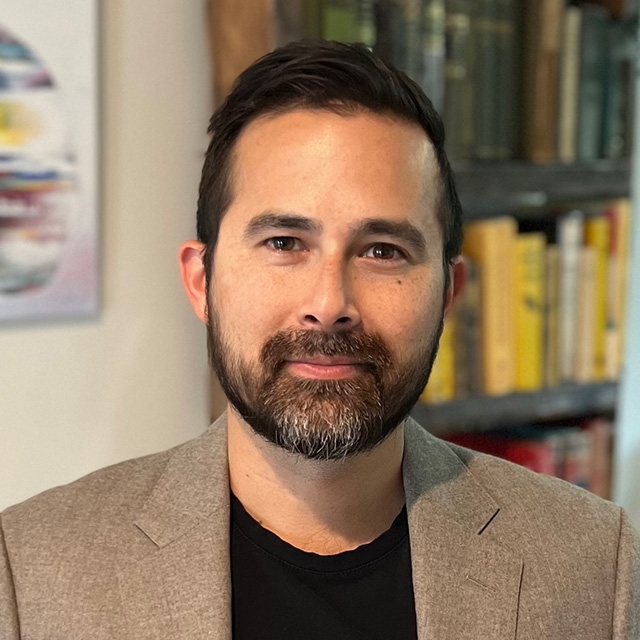
Director, CLHE; Assistant Professor
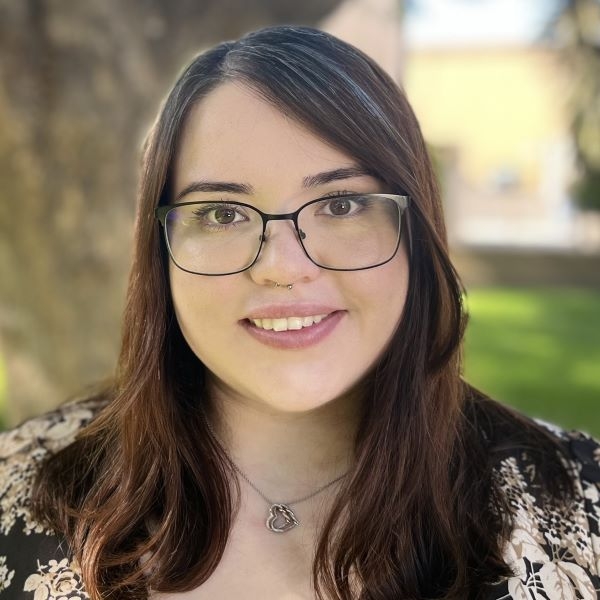
Project Specialist, CLHE
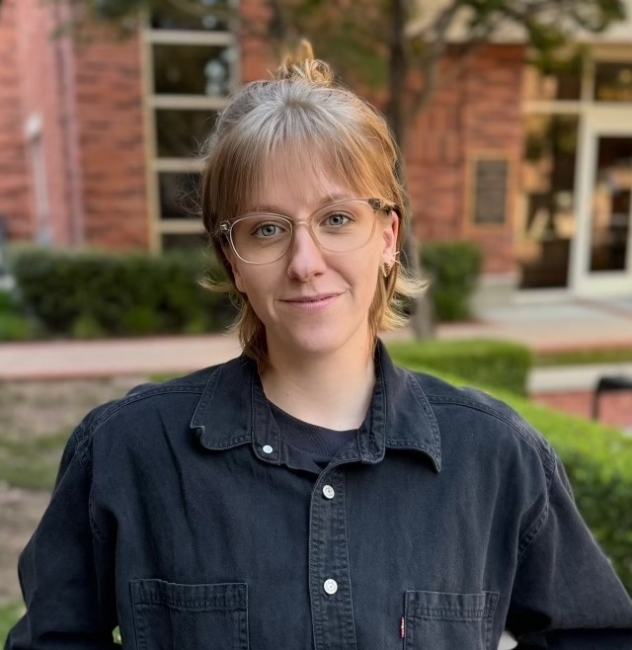
PhD Candidate
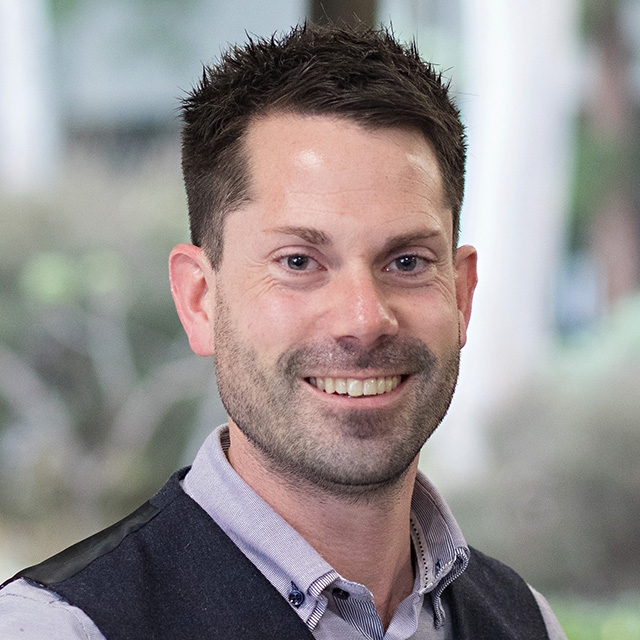
PhD Candidate
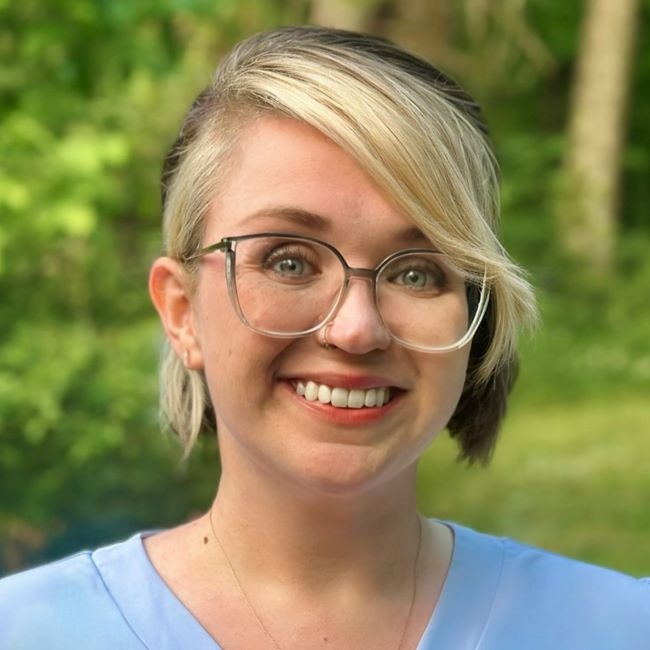
PhD Candidate

Associate Professor, Case Western University
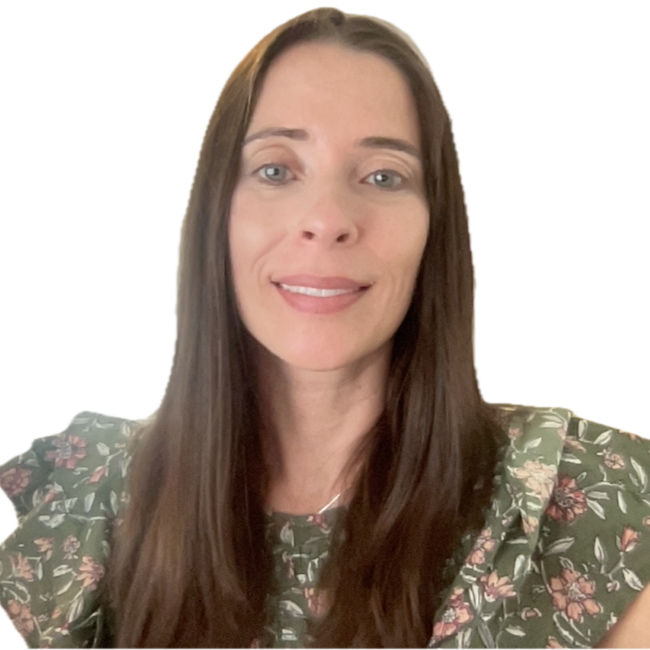
Postdoctoral Research Associate

Adjunct Professor
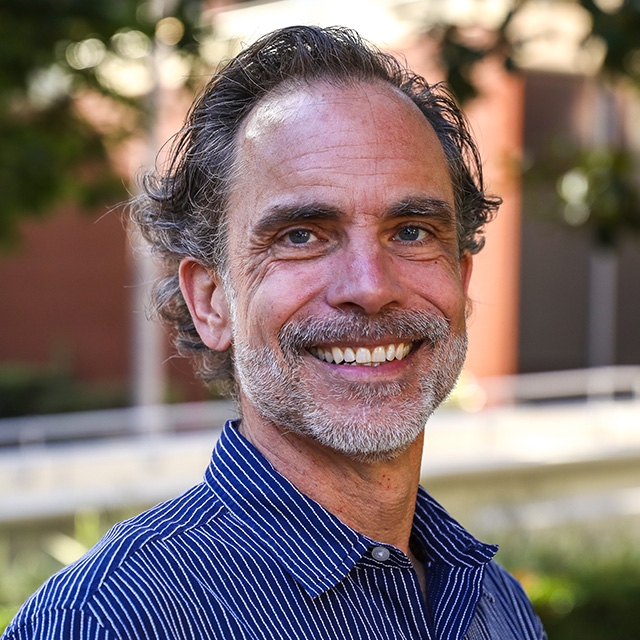
Professor

Assistant Professor
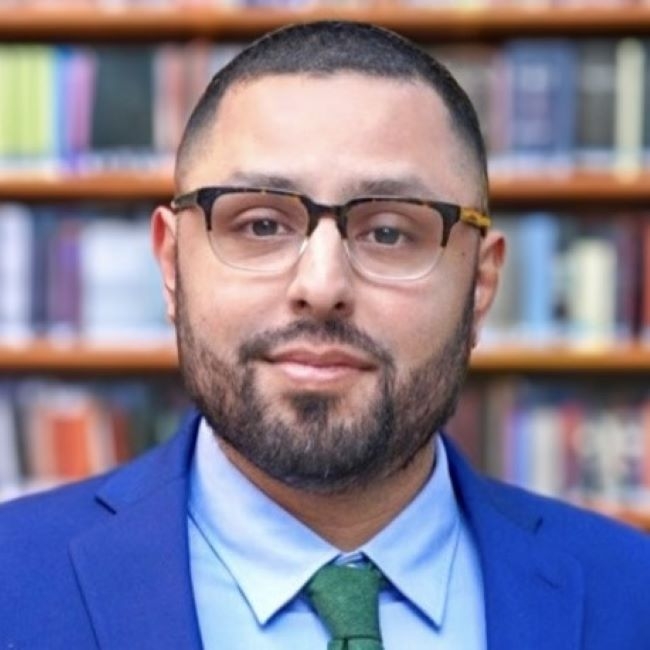
Assistant Professor
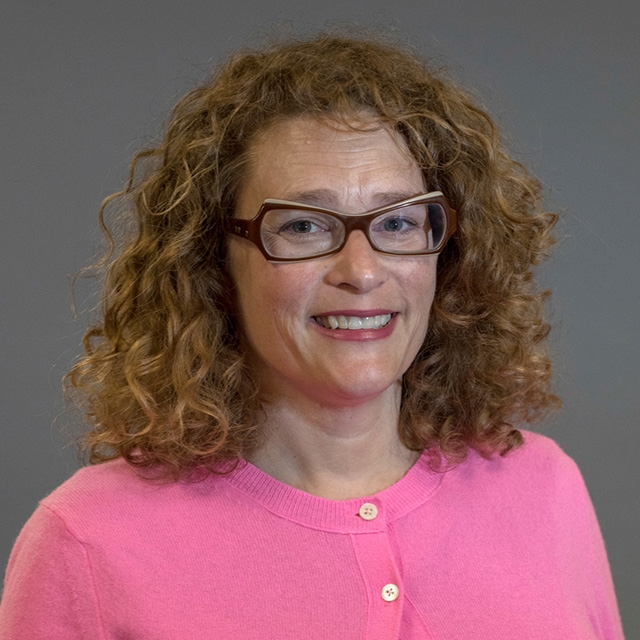
Associate Teaching Professor